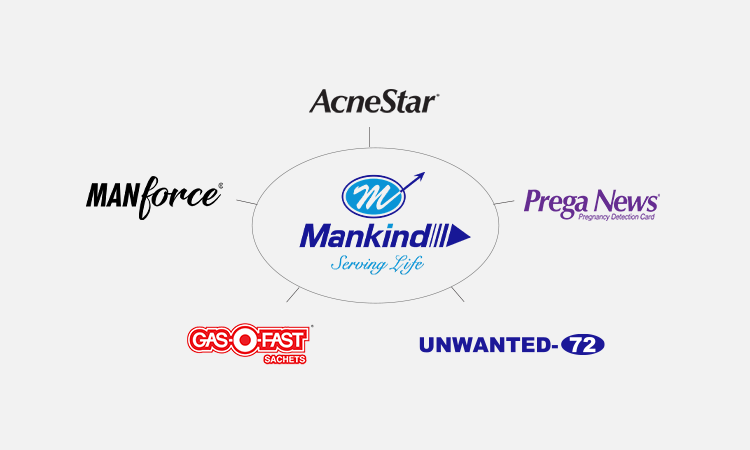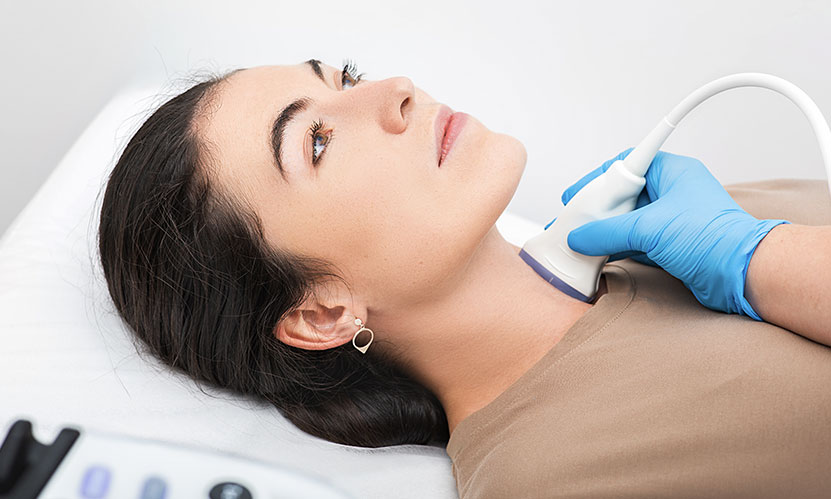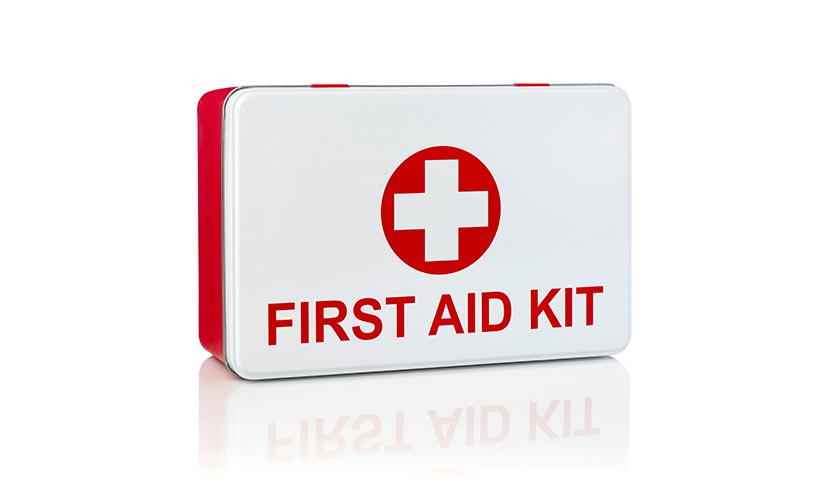
World Alzheimer's Day 2020: How to take good care of Alzheimer’s patients?
The World Health Organisation (WHO) defines Alzheimer’s as the most common type of dementia. Dementia is a collective term that is typically used to describe the various symptoms associated with cognitive decline. It is a condition during which the patient experiences deterioration of memory, thinking abilities, and behaviour. The condition can also impair the patient’s ability to perform day-to-day activities in the later stages.
A report by WHO claims that almost 50 million people live with dementia all around the world and nearly 10 million new cases are reported each year. The report further suggests that Alzheimer’s contributes to almost 60-70% of the dementia cases. Unfortunately, the condition is irreversible and it slowly (gradually) destroys the memory and thinking skills of the patients. For instance, it is a major cause of disability and dependency among the older people.
Many reports also suggest that Alzheimer’s patients may also experience emotional problems. They may behave adversely and become susceptible to the feelings of anger, anxiety, depression, fear, and loneliness. This may become troublesome for their family, friends, and guardians who serve as caregivers. However, it is extremely important for caregivers to keep their frustration at bay and remain calm with the patients.
Here are some tips that you should consider while taking care of an Alzheimer’s patient:
- Learn more about the Alzheimer’s disease and its stages. According to the Alzheimer’s Association, the disease gradually progresses in three general stages i.e. early, middle, and late. While people in early stages may perform tasks independently, people in middle and late stages may require consistent support from the family members.
- Make a daily routine. This will make things easy and comfortable for you as well as the patient. Heath experts assert that setting up a routine reinforces the sense of familiarity in patients and limits the risk of confusion.
- Keep patients engaged and assist them in doing the things they love. However, you should always encourage them to complete their work without much assistance. This will also boost their confidence.
- Promote ongoing communication. Alzheimer’s gradually impairs communication skills and memory of the patient. Many-a-times, they may face trouble while having a conversation with you. Thus, it is your job to make communication easy for them. Avoid asking multiple questions and rather ask one thing at a time. You can also make use of body language and gestures familiar to the patient.
- Keep your calm. Alzheimer’s only gets worse with time and makes the patient more and more dependent on you. Always try to keep your patience intact and anger at bay. Talk softly with the patient and do not shout.
- Make sure they stay hydrated and consume a nutritious diet every day. Always follow a routine and try to serve foods at same time every day. You can also add nutritional supplements and other pharmaceutical products in their daily diet. However, it is important that you consult a medical professional in the first place and only use products manufactured by the top pharmaceutical companies.
- Keep them safe. Alzheimer’s patients experience impairment with regard to judgment and problem solving skills. This can increase the risk of injuries and accidents. Thus, always ensure to create a safe environment around them.
Remember, patience and flexibility along with family’s support are the keys that will help you take better care of an Alzheimer’s patient at home. It will not only allow you to improve the life of the patient but also help you to effectively deal with the challenges in times to come.
Disclaimer This blog solely intended for the educational/informational/awareness purposes and is not a substitute for any professional medical advice, diagnosis or treatment. Please consult your doctor/healthcare professional before acting on the information provided on the blog. Reliance on any or all information provided in the blog, is solely at your own risk and responsibility. Mankind Pharma Limited shall not be held liable, in any circumstance whatsoever.
-
 5 Common Types of Fever in India25 Comments
5 Common Types of Fever in India25 Comments -

-
 5 Best OTC Products from Mankind Pharma18 Comments
5 Best OTC Products from Mankind Pharma18 Comments -
 Benefits of Yoga and 8 Diseases it can Cure16 Comments
Benefits of Yoga and 8 Diseases it can Cure16 Comments -
 All you need to know about thyroid disease6 Comments
All you need to know about thyroid disease6 Comments




